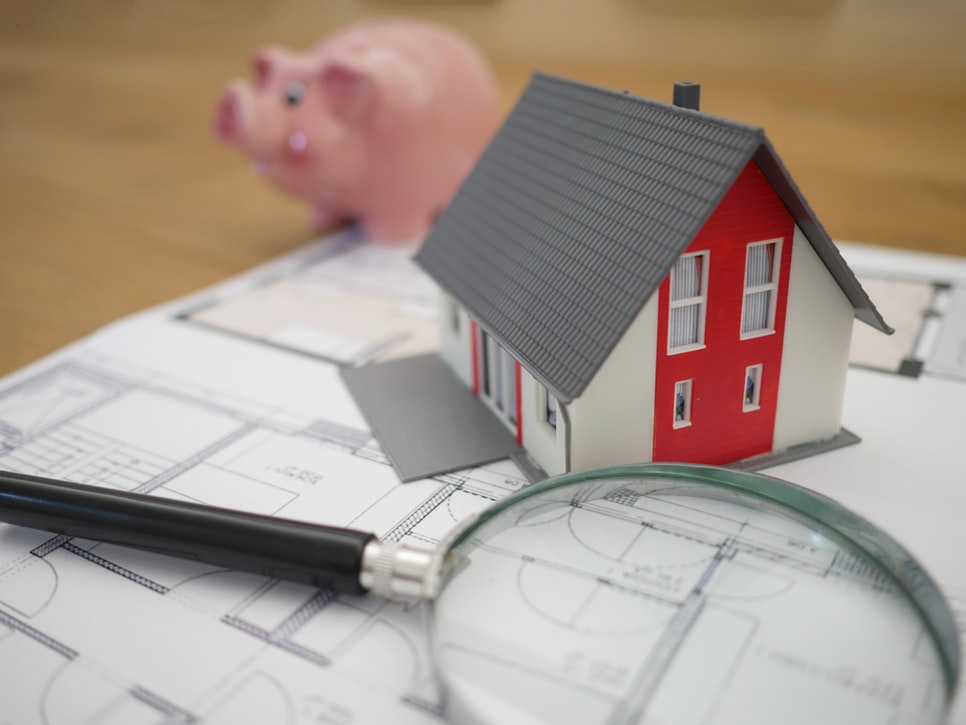If you are considering a leasehold property, consider a few important things. Remember that when you own a leasehold property, you do not own it completely. This means that you may need to seek permission from the freeholder before making significant changes to the property. For instance, building an extension or adding a new bathroom might require the freeholder’s approval.
The lease agreement may have a clause prohibiting you from having pets or subletting the property. This could be problematic if you plan on moving in the future without selling the property. Reading the lease agreement carefully is crucial to understand all the terms and conditions.
Lease lengths can vary from hundreds of years to much less. Typically, the shorter the lease, the lower the property value. For instance, a flat with 50 years left on the lease will be less expensive than the same flat with a 125-year lease. However, shorter leases can be difficult to sell, and mortgage lenders may hesitate to approve a mortgage if the lease has less than 80 years remaining.
What's Included?
Buying the freehold or extending your lease
If you own a property, you may have the option to either purchase the freehold or prolong the lease. However, the expenses associated with these options can be considerable. The rules differ based on whether you own a house or a flat. In the case of a house, as long as you have held the lease for a minimum of two years and it was initially leased on a long lease, you would usually have the legal entitlement to extend the lease by 50 years.
If you have owned a leasehold flat for at least two years, you usually have the right to extend your lease by 90 years. However, extending the lease can be costly, and there is a chance your landlord may refuse your request. If this happens, you can take legal action to challenge their decision.
Before you buy the freehold or extend your lease, seeking professional advice is recommended, as the process can be complicated.
Frequently Asked Questions
1. What is a leasehold property?
A leasehold property means that you own the property for a fixed term but not the land upon which it stands. The land generally remains with the freeholder or landlord who created the lease. You agree to the terms of the lease granted by the landlord.⁵
2. What is a freehold property?
A freehold property means that you own both the building and the land it sits on.¹
3. What are the advantages of a leasehold?
Leasehold properties are often cheaper than freehold properties and can be easier to maintain as some of the maintenance responsibilities may fall on the landlord or freeholder.⁶
4. What are the disadvantages of a leasehold?
Leasehold properties can come with additional costs such as ground rent, service charges and administration fees. You may also need to get permission from your landlord or freeholder before making any changes to your property.³
5. What is ground rent?
Ground rent is an annual fee paid by leaseholders to their landlord or freeholder for use of the land on which their property is built.³
6. What is service charge?
Service charge is an amount paid by leaseholders to cover maintenance costs for communal areas such as hallways, lifts and gardens.³
7. How long should be left on a leasehold property?
It is recommended that there should be at least 80 years left on a leasehold property before you buy it.⁴
8. Can I extend my lease?
Yes, you can extend your lease but you will need to meet certain criteria such as having owned your property for at least two years before applying.²
9. How much does it cost to extend a lease?
The cost of extending your lease will depend on various factors such as how long is left on your current lease and how much your property is worth.²
10. What happens if I don’t extend my lease?
If you don’t extend your lease, your property will eventually revert back to the freeholder or landlord when your lease runs out.⁵
References:
- First Time Buyer Guide to Buying a Leasehold Property. https://www.lawcomm.co.uk/blog/first-time-buyer-guide-to-buying-a-leasehold-property
- Buying a leasehold: everything you need to know – Zoopla. https://www.zoopla.co.uk/discover/buying/what-s-the-difference-between-leasehold-and-freehold
- A guide to buying a leasehold property – BDC Magazine. https://bdcmagazine.com/2022/02/a-guide-to-buying-a-leasehold-property
- Buying a leasehold flat – 10 things you should check. https://www.lease-advice.org/article/buying-a-leasehold-flat-10-things-you-should-check
- Buying A Leasehold Property – HomeOwners Alliance. https://hoa.org.uk/advice/guides-for-homeowners/i-am-buying/buying-a-leasehold-property
- Buying a house in the UK | Expatica. https://www.expatica.com/uk/housing/buying/buying-a-house-in-the-uk-103191






